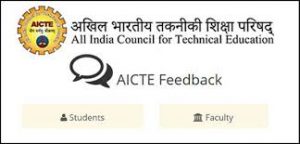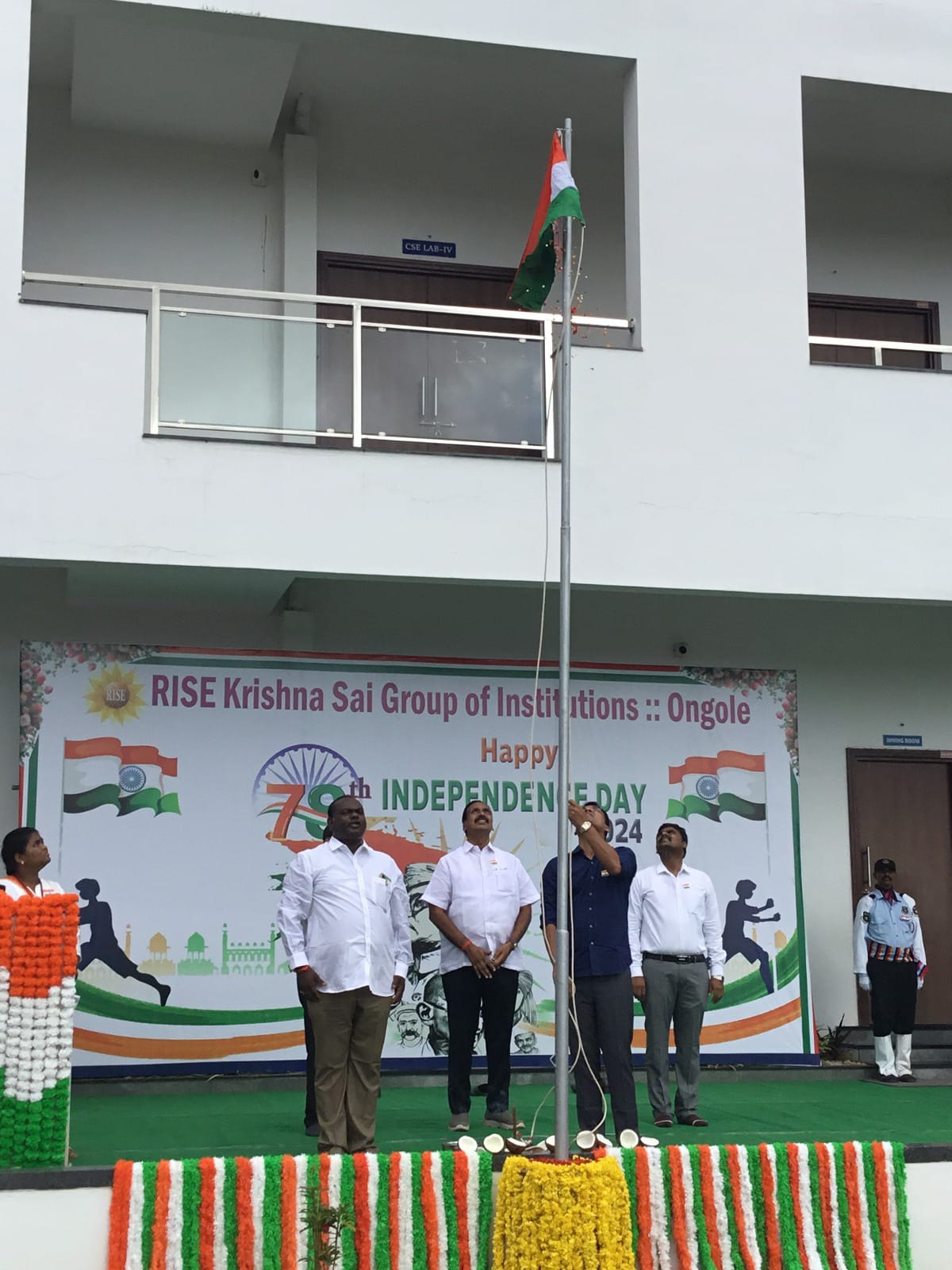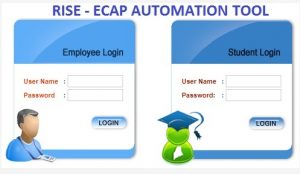PEO’S
PROGRAM EDUCATIONAL OBJECTIVES (PEOs)
Graduates of the program will have
| PEO1: Core Skills |
Intensive and extensive engineering knowledge and skill to understand, analyze, design and create novel products and solutions in the field of Electronics and Communication Engineering |
| PEO2: Problem solving & Lifelong learning | Capability to pursue career in industry or higher studies with continuous learning |
| PEO3: Entrepreneurship Skills | Leadership qualities, team spirit, multi-disciplinary approach, character molding and lifelong learning for a successful professional career |
| PEO4: Professionalism | Professional and ethical attitude, effective communication skills, and sense of responsibility towards society |
PO’S
PROGRAM OUTCOMES (POs)
- Engineering knowledge: Apply the knowledge of mathematics, science, engineering fundamentals and an engineering specialization to the solution of complex engineering problems.
- Problem analysis: Identify, formulate, review research literature, and analyze complex engineering problems reaching substantiated conclusions using first principles of mathematics, natural science and engineering sciences.
- Design/development of solutions: Design solutions for complex engineering problems and design system components or processes that meet the specified needs with appropriate consideration for the public health and safety, and the cultural, societal and environmental considerations.
- Conduct investigations of complex problems: Use research based knowledge and research methods including design of experiments, analysis and interpretation of data, and synthesis of the information to provide valid conclusions.
- Modern tool usage: create, select and apply appropriate techniques, resources and modern engineering and IT tools including prediction and modeling to complex engineering activities with an understanding of the limitations.
- The engineer and society: Apply reasoning informed by the contextual knowledge to assess societal, health, safety, legal and cultural issues and the consequent responsibilities relevant to the professional engineering practice.
- Environment sustainability: Understand the impact of the professional engineering solutions in the societal and environmental contexts, and demonstrate the knowledge of, and need for sustainable development.
- Ethics: Apply ethical principles and commit to professional ethics and responsibilities and norms of the engineering practice.
- Individual and team work: Function effectively as an individual and as a member or leader in diverse teams, and in multidisciplinary settings.
- Communication: communicate effectively on complex engineering activities with the engineering community and with society at large, such as, being able to comprehend and write effective reports and design documentation, make effective presentations, and give and receive clear instructions.
- Project management and finance: Demonstrate knowledge and understanding of the engineering and management principles and apply these to one’s own work, as a member and leader in a team, to manage projects and in multidisciplinary environments.
- Lifelong learning: recognize the need for, and have the preparation and ability to engage in independent and lifelong learning in the broader context of technological change.
PSO’S
PROGRAM SPECIFIC OUTCOMES (PSO’s)
A student of the Electronics and Communication Engineering Program will be able to
| PSO1 | Design and implementation of complex systems by applying basic concepts in Electronics & Communication Engineering to Electronics, Communications, Signal processing, VLSI, Embedded Systems (Core Skills) |
| PSO2 | Solve complex Electronics and Communication Engineering problems, using hardware and software tools, along with analytical skills to arrive cost effective and appropriate solutions relevant to the society. (Problem-Solving Skills) |
| PSO 3 | Quality in technical subjects for successful higher studies and employment (Professional Career). |







